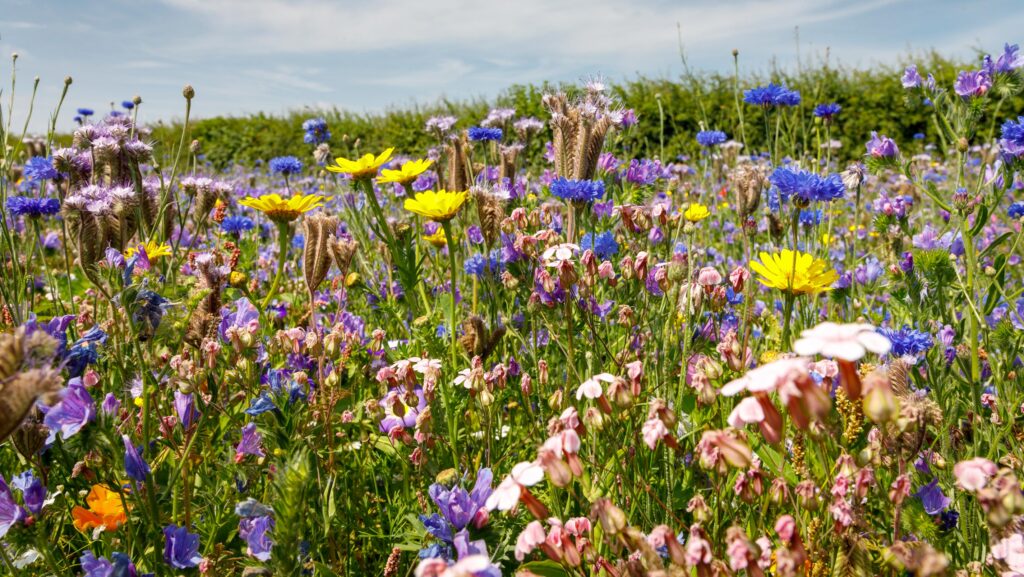Editor’s View: Pro food production, but not at any price
 © GNP
© GNP It’s not uncommon for an email to arrive in my inbox from a farmer wanting to know – often in blunt terms – why Farmers Weekly is supporting certain initiatives that are not directly linked to food production.
This may be hosting a webinar on tree planting, putting on an event that links up farmers with a firm wanting land for solar panels, or publishing other content linked to a plethora of alternative revenue streams.
The argument usually goes that, at a time when so much land is already being taken out of growing crops or raising animals, isn’t getting involved detrimental to the success of British agriculture and food security?
See also: NFU Scotland launches manifesto for general election
The relentless wet weather has generated additional focus on this topic of late.
Even the mainstream media are now starting to take interest at what’s happening in farmers’ fields – probably due to them getting their feet wet after leaving London for the Easter holidays.
So this feels a good time to have this debate out in the open, and share with you a version of what I have sent in reply to individual readers already.
In short, it is perfectly sensible to believe in the principle of more direct government support for food production – and campaign on that if you wish.
Stable domestic production is one component of food security, along with good trading partners that will take our surpluses and send us the balance of food we can’t grow or need in a poor production year such as this one.
In its manifesto launch this week, NFU Scotland has called for fairer supply chains, increased processing capacity, greater collaboration and better promotion to enhance the UK’s food security and bolster domestic production of high-quality food.
All noble aims. Perhaps it will even be successful in seeing some of them implemented.
But we are not there yet – and we may not get there before the money runs out for some businesses that are already seeing cuts to their direct payments.
Farmers Weekly will always be in favour of resilient domestic food production and highlighting the barriers to that, but we are also in favour of keeping people on the land with as many other options as possible.
It is going to be a low-output and expensive year for arable farmers, which means it will be a high-cost year ahead for livestock farmers. Some will need to adapt to thrive.
The first duty of all of us is to provide for our families and pay our bills. It would be wrong to look down on anyone who is adapting their business to achieve that aim – even if they are growing wildflowers instead of wheat.
If national food production falls as a cumulative result of these choices that will be a mistake, but the blame will lie with the politicians who wrote the rules of the new game, not at the feet of farmers.

